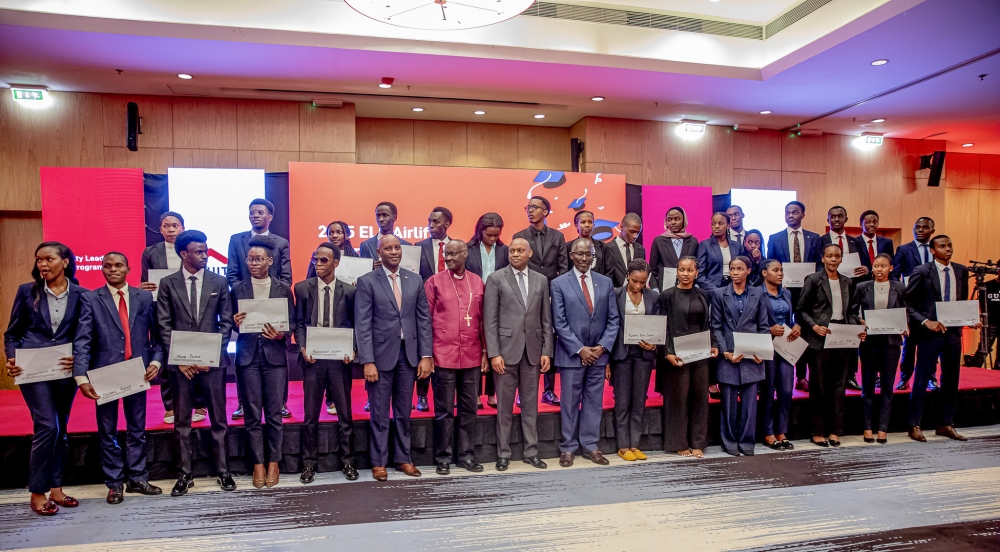Government entities must quickly identify and register companies and individuals involved in the making, extraction and trade of construction materials such as sand and gravel so that construction companies are saved from hefty taxes.

Government entities must quickly identify and register companies and individuals involved in the making, extraction and trade of construction materials such as sand and gravel so that construction companies are saved from hefty taxes.
This was one of the key recommendations reached Friday at the end of a two-day conference on the role of law reforms in doing business held at parliament buildings.
"Rwanda Revenue Authority (RRA), in collaboration with local administrative entities, should ensure that people involved in the supply of materials such as bricks, sand, gravel, stone, timber, and others are given Taxpayer Identification Numbers (TIN),” Gerald Mukubu, Director of Advocacy in Private Sector Federation (PSF) read part of the recommendations.
In addition, he said, the private sector federation is urged to always follow and participate in parliamentary committee activities whenever pertinent Bills concerning private business are scrutinized.
The recommendations come after members of the local construction association raised concerns over the fact that a hefty withholding tax of 15 per cent is charged on materials bought from traders with TIN numbers yet there are many suppliers and cooperatives without the number.
John Bosco Kanyangoga, the Private Sector Federation Trade and Policy Advocacy Director, said the sector was vital for the economy but the lack of TIN numbers was a challenge to construction companies and others because about 40% of the materials are supplied under such circumstances and yet suppliers pay taxes in their respective districts.
Construction companies end up paying a tax that should not be attributed to them without a mechanism to retrieve it, he said.
Celestin Bumbakare, the RRA Commissioner for Domestic Taxes, said the tax body will go ahead and implement the conference’s recommendation, but lawmakers must duly revise the tax law.
"Another important thing now is that we shall have to work closely with district authorities to help us put these people into cooperatives so that getting to them becomes easier.”
According to Bumbakare, withholding tax is an international tool - not unique to Rwanda - that is used to tap taxes that would have otherwise gone untapped from the lucrative informal sector.
"This meeting has helped us know the various views about the current laws in place, especially noting that the laws are good but there are challenges in implementation. I am sure that the recommendations will help everyone concerned in implementation to do what is necessary such that we achieve our vision 2020 and EDPRS targets,” Speaker Donatille Mukabalisa said.
"As for the Parliament’s role, we promise you that we shall continue cooperating with the private sector federation so as to continue tackling challenges for our country’s development. It is also important that members of the private sector closely follow up laws in parliament. Our government’s plan is that the private sector guides the country’s growth”.




